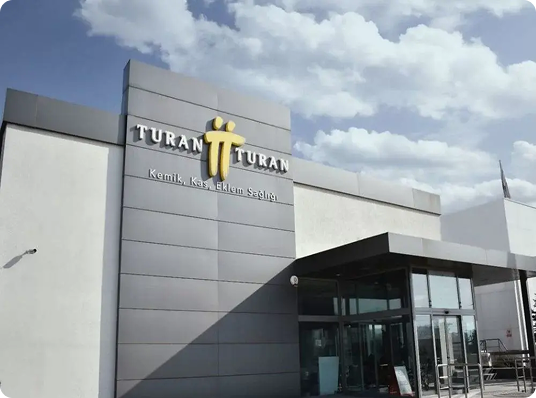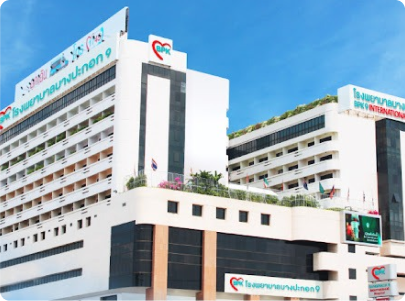Cervical Cancer
Managing Cervical Cancer involves a personalized treatment pathway that could encompass surgery, targeted therapy, immunotherapy, and radiation therapy. Comprehensive care emphasizes early detection, aggressive intervention, and supportive recovery to enhance survival outcomes.
Get Expert Consultation
Speak with our medical travel experts to get personalized guidance for your procedure
✓ No commitment required • ✓ Expert guidance • ✓ Free consultation

Book Your Free Medical Consultation
Get expert advice—free and easy. Just fill out the form to start your health journey!
Key-Insights for
Cervical Cancer
Procedure Time
The procedure typically takes around 30 minutes to an hour to complete.
Recovery Period
Most women can return to their normal activities within a few days, but may need several weeks to fully recover.
Expected Results
The procedure aims to remove all cancer cells and prevent further growth and spread, potentially curing the disease.
Ideal Candidates
Women with abnormal Pap smear results or those diagnosed with cervical cancer are ideal candidates for this procedure.
Cervical Cancer
Managing Cervical Cancer involves a personalized treatment pathway that could encompass surgery, targeted therapy, immunotherapy, and radiation therapy. Comprehensive care emphasizes early detection, aggressive intervention, and supportive recovery to enhance survival outcomes.

People seek these procedures for various reasons:
Aesthetic Enhancement
To prevent further growth and spread of cervical cancer
Corrective Purposes
To achieve a cure or significant reduction in disease symptoms
Functional Restoration
To restore normal reproductive health
Things to Check Before Treatment
- •Discuss your medical history with your doctor, including any previous cancer treatments
- •Make sure you have a complete and accurate list of medications you're currently taking
- •Get clearance from your primary care physician for the procedure
- •Confirm that your insurance covers the procedure and any related expenses
- •Plan ahead for post-operative recovery time
Potential Risks
- •Infection or bleeding during or after the surgery
- •Damage to surrounding tissues, such as nerves or blood vessels
- •Reaction to anesthesia
- •Internal organ damage from surgical instruments
- •Risk of cancer recurrence or spread during the procedure
How to Choose the Right Country, Clinic, and Surgeon
Do's
Verify surgeon credentials (e.g. ISAPS, JPRAS)
Ask for before-after photos
Check language barriers
Review aftercare and follow-up options
Consider local laws on medical malpractice
Don'ts
Don't Choose a Clinic Based Only on Price
Don't Rely Solely on Social Media or Influencers
Don't Ignore Language Barriers
Don't Rush Into Surgery Without Research
Don't Assume You Can Fly Back Immediately
CureMeAbroad Services Are Absolutely Free.
You pay same rates for treatments as in the hospital's original price list.
CureMeAbroad Services Are Absolutely Free.
You pay same rates for treatments as in the hospital's original price list.


Book Your Free Medical Consultation
Get expert advice—free and easy. Just fill out the form to start your health journey!
Cervical Cancer
Frequently Asked Questions
This procedure involves specific medical techniques tailored to address particular health conditions. Your doctor will explain the detailed process based on your case.

Help Me Plan My Treatment Abroad
End to End Treatment Planning Specifically curated as per your need. Just a Call away


Help Me Plan My Treatment Abroad
End to End Treatment Planning Specifically curated as per your need. Just a Call away


Book Your Free Medical Consultation
Get expert advice—free and easy. Just fill out the form to start your health journey!



